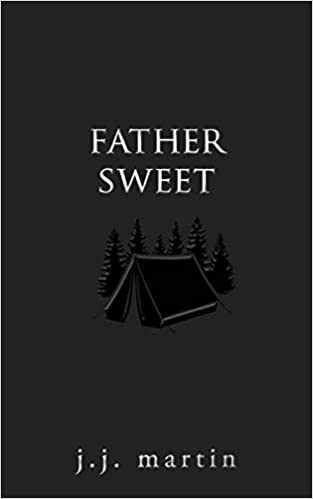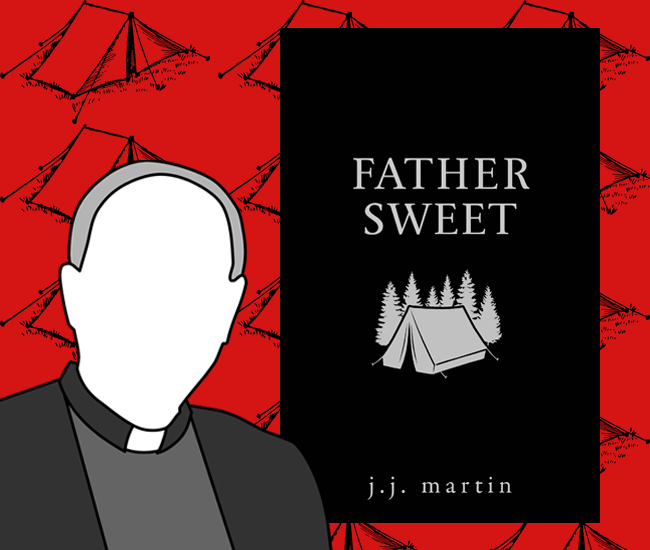Father Sweet
What's It About?
“Scouts I loved. School I hated. And then there was church.”Sometimes, and with some topics, there are no delicate ways to tell a story. That’s what makes them harrowing, heart-wrenching, so real and so important.
In his debut novel, Father Sweet (Dundurn), J. J. Martin gives readers an intimate glimpse into clerical abuse of young boys within the Catholic Church and the lasting, life-altering damage done to those most vulnerable.
Although a work of fiction, Martin acknowledges, “It is a personal story inspired by unfortunate, all-too-real circumstances.”
Told in first person by a nameless narrator, readers feel the extreme anxiety and violation of a young boy scout who struggles to deal with the shame of his abuse and the toxic fallout he cannot escape as he grows to manhood. Martin’s literary style and poignant, gripping narration keep readers spellbound throughout.
It is 1978, Blackburn Hamlet in Eastern Ontario. A 12-year-old boy—a boy scout, and lover of nature and all things outdoors—is a hero to his younger brother. He knows how to listen to the trees and the wind, learning such things from his idol, temporary boy scout leader Mike Racine, a Native American attuned to the wilderness. But that summer, the orbit of the boy’s world skews after a camping trip with the local priest.
The boys’ parents are strict disciplinarians, with service to the Catholic Church at the top of their must-do list. Church is mandatory—Saturday afternoon confessions and Sunday morning mass. It is as much a part of their lives as the wilderness beyond their windows. There are no questions asked, no doubts about giving your family, and your children, to the church.
The boy dreads the camping trip with their parish priest, Father Sweet. He feels uneasy in his presence, remembering how a fellow altar boy always leaves the rectory at odd hours, sometimes in the early morning. But he can’t argue with his parents. As far as they are concerned, the invitation is an honor; they trust the church implicitly. He has no choice but to follow his parents’ instructions.
Twenty-five years later, the boy is grown, his world full of instability. After the camping trip with Father Sweet, he’d given up what he loved most—scouting and communing with nature. They’d been tainted by that camping trip.
“The memory of that summer smothered me, crushing and hot, full of nausea, regret, and grief.”
Will he be able to bring justice to those who still suffer from Father Sweet and save himself in the process?
“A man who saves a life saves a world,” advises another priest. “The best medicine for your kind of injury is to do a good turn in exchange. That’s how decency gets its footing… In saving another you can save yourself. Repossess yourself.”
Not only does the narrative include abuse inflicted by the Catholic Church; it also portrays the collusion between the church and the Canadian government in abusing “thousands of Indigenous children for generations,” as late as the 1990s. Martin urges readers to check out SNAP (Survivors Network for those Abused by Priests) and the National Centre for Truth and Reconciliation —organizations whose mission is to stop the atrocities of clerical abuse.
In reading and processing Father Sweet and its disturbing subject matter, there may be a tendency to turn away. But Martin has provided too poignant a depiction of clerical abuse of the defenseless, one that’s too hard to ignore. The reader is totally absorbed and riveted to the pages in following one survivor’s attempt to save young lives while trying to save his own.
Father Sweet is now available for purchase.
Learn more about J.J. Martin on his Author Profile page.
Buy this Book!
Amazon




